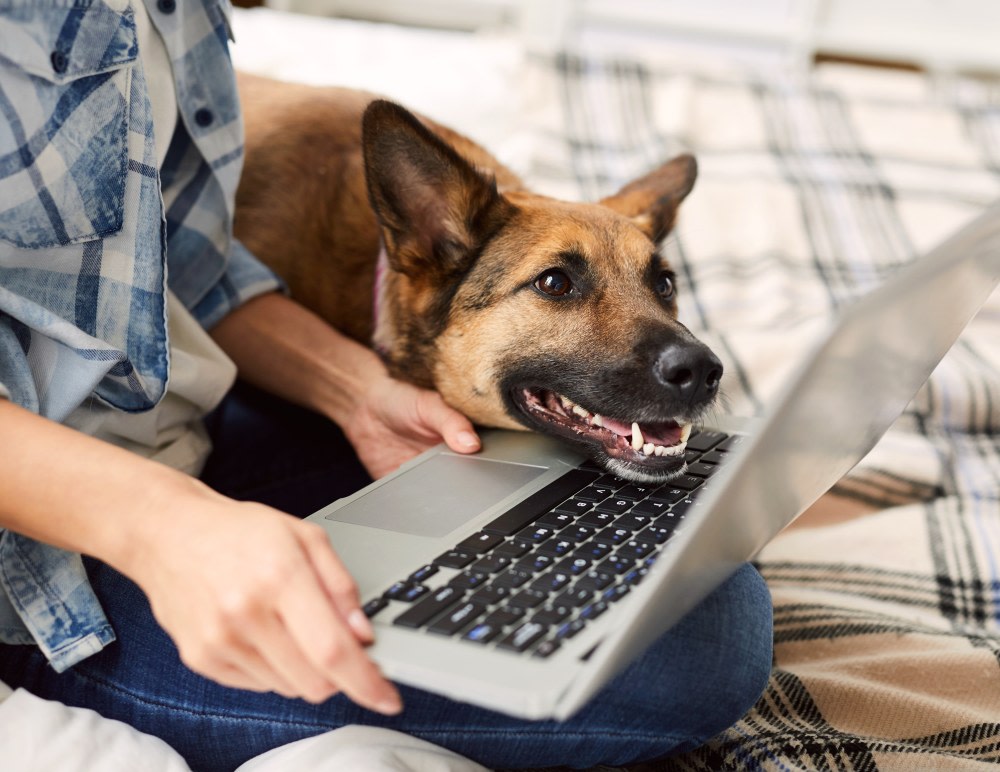Welcome to Our Modesto Veterinary Hospital
American Pet Hospital is a full-service pet hospital that offers comprehensive medical services for cats and dogs in Modesto and the surrounding areas.
From preventive care and surgery to breeding consultations and nutritional counseling, our broad and varied service offering can meet all of your pet’s health needs in one place.
Our Modesto vets care for cats, dogs and other small companion animals, and have developed a reputation over the years for quality, professional care with a compassionate touch.
Whether you are bringing your pet in to see us for the first time, or have been counting on our veterinary team for years, we will treat your animal as if it was our own.
About Our Hospital












